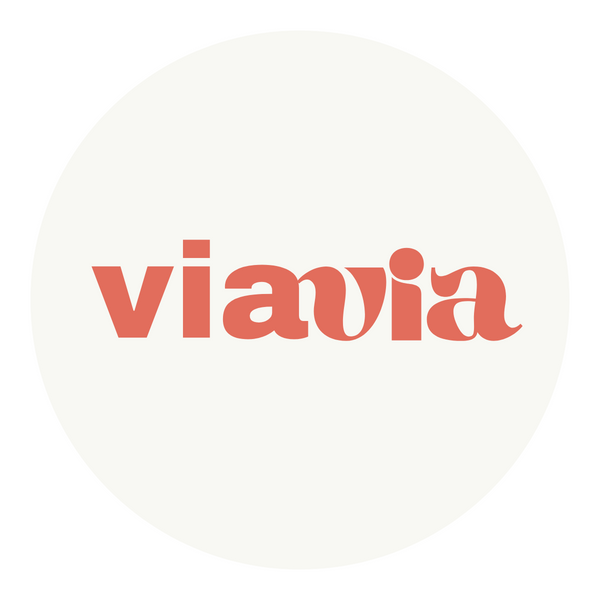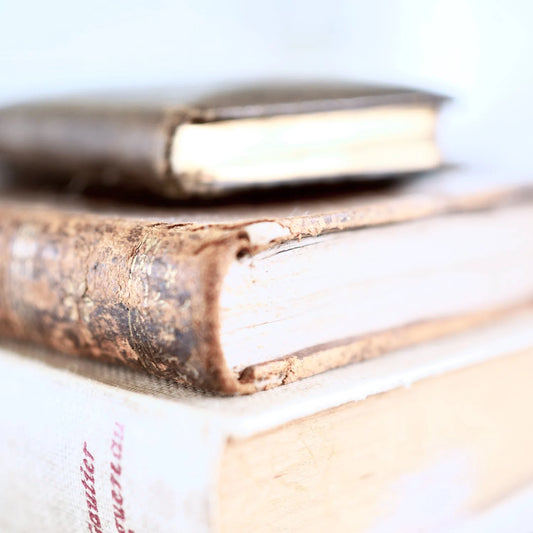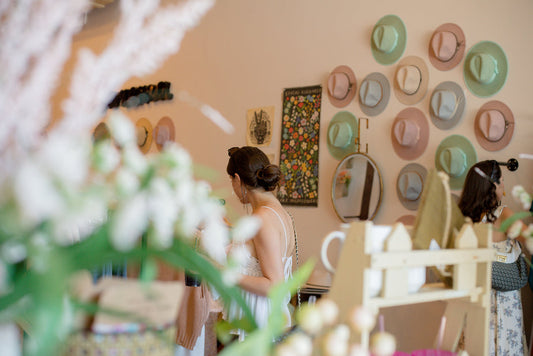Sustainable tips that you don't hear very often
Share
Living more sustainably can sound complicated. And a lot of the tips are pretty standard, take the train more often, get on your bike more often, don't use single-use plastic, buy in bulk, compost your leftover vegetables and don't get on a plane. These are all valuable tips, but certainly not applicable to everyone.
It often involves a lot of DIY and if you have to buy all the materials separately, you often spend a small fortune and not everyone feels like DIYing.
And then living more sustainably can suddenly become overwhelming and not fun.
There are extremists in this area too, I once read a book by someone who threw her e-mail away from her mailbox at the end of the day. Because, the more data that needs to be stored, the more servers there need to be and those cost energy, are not made sustainably and contain materials such as gold that are (often) not extracted in a humane way. It all sounds very logical, but it is a step too far.
That is why I try to explain in this blog post that sustainable living can start in a simple way by making a number of small adjustments and that it often comes down to adjusting your behavior and habits.
I have tried to take into account the investment you make to purchase products. In order to be able to see directly what kind of investment it is, I have drawn up the following ranking:
💰 = €0 - €15
💰 💰 = €15 - €30
💰 💰💰 = €30 - €45
💰 💰💰 💰 = €45+
Change in behavior and habits
A big part of living more sustainably is changing your behavior and habits. Everyone has a reusable bottle in their cupboard, but you still buy a bottle of water when you are out and about. Not only is it a waste of money, but also of plastic. Because actually taking a bottle with you is often forgotten or not done out of laziness, it will never happen.
Sustainable living starts with changing your behavior. Make sure you always have your bottle (filled) with you. In no time you can't do without it. I taught myself never to buy water, then I should have brought my bottle with me. You learn it very quickly.
This is just one example. We often choose convenience over sustainable because we are used to it.
-
Cleaning cloths vs. Microfiber cloths
Cleaning wipes that already contain chemicals are super convenient, but also bad for the environment.
Replace your cleaning cloths with microfiber cloths and an old-fashioned plant sprayer. Make sure you have a stack and wash them regularly.
-
Buy a cow 💰💰💰💰
Did you know that you can buy a part of a cow via grutto.nl? After slaughter, the cow is cut into different pieces, packaged, frozen and sent to your home. This makes the meat of high quality and has the shortest route from farm to your plate.
Withthis link you get a €10 discount on your package and you help my blog!
-
Eat vegetarian more often 💰💰
If you eat vegetarian twice a week, that already has a big impact on meat consumption. Nowadays, there are enough recipes on the internet for delicious vegetarian dishes without meat substitutes.
In addition, you can also save a lot of money by reducing your meat consumption.
This book by Ottolenghi is one of my favorites.
-
Buy we the grower 💰
Need a plant? Since the COVID-19 era, more and more growers are selling directly to consumers. During the pandemic, they were unable to sell their plants due to the export stop and store closures and started selling to consumers themselves for a small price.
Many growers still do this. Buying from a grower cuts out the middleman and has less transport pollution.
-
Use your dishwasher
Yes really. Use your dishwasher and only wash by hand when necessary. Your dishwashing consistently uses a few litres per wash. If you wash by hand, you will see that the same number of litres of water goes a lot less far! So use that dishwasher, but only when it is completely full ;-)!
-
Bring your own dishes 💰
Are you having a BBQ? Bring your own cutlery. Most BBQs use plastic cutlery, plastic cups and plastic plates.
Not only mega annoying, because with a warm burger your plate and cutlery are worthless in no time due to the heat. And a glass of wine always tastes better in a glass than in a plastic cup. It is also the use of single-use plastic that you can prevent. So bring your own plate, cutlery and cup. These can be the plates from your kitchen cupboards or bamboo plates.
Or like I do, you use camping dishes. These are often already packed in a bag, so very easy.
-
Reusable straws are easy to take with you 💰
Plastic straws are no longer welcome, but cardboard straws have come in their place. And they are completely limp and worthless within 10 minutes.
Invest in stainless steel straws or glass straws. These are easy to carry in your bag, dishwasher safe and look very stylish.
-
Do your shopping online or by bike!
Do your shopping online this applies to every supermarket but especially to Picnic. By doing your shopping online you not only save your own time but also the logistics behind it are a lot more sustainable.
When you go shopping, it first has to go from the country of origin, to the distribution center and from there to the supermarket, where you then go by car or bike. Plus all the other people who do this
When shopping online, it goes from the country of origin to the distribution center and then to you.


